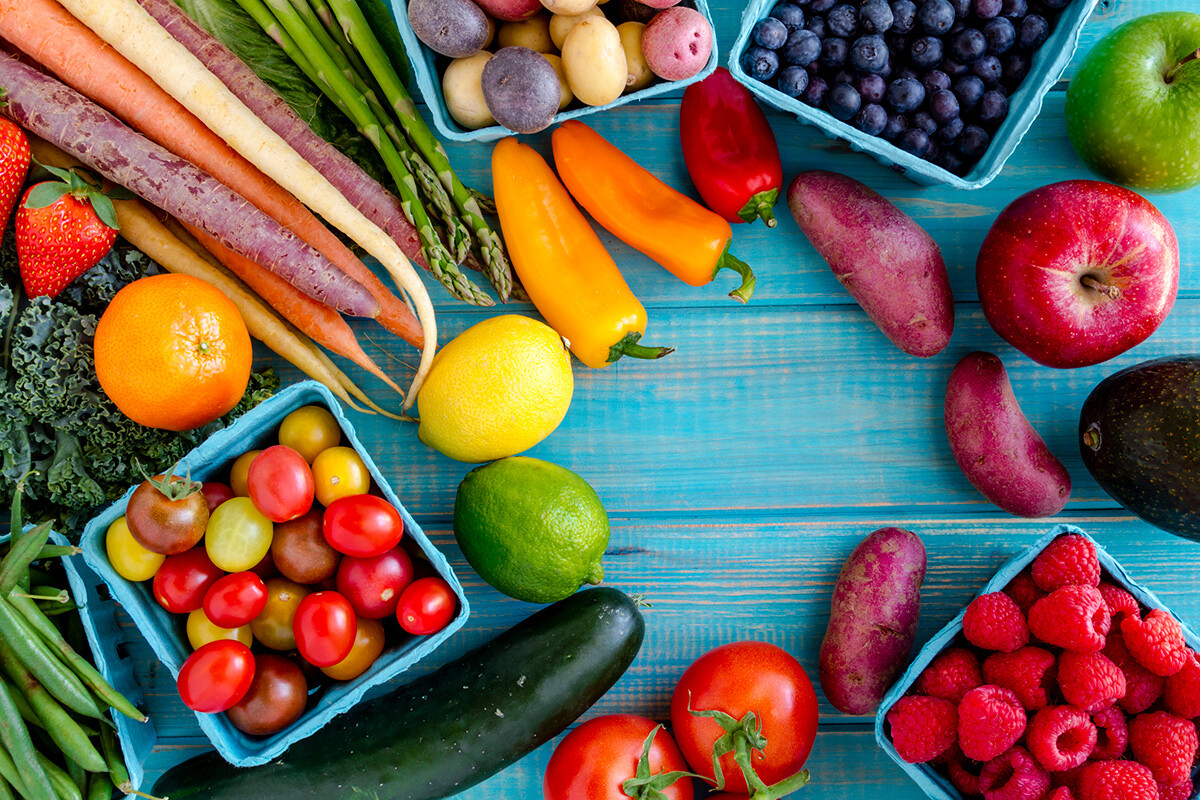Healthy Eating: Q & A with Libby Spoede

 Q and A with Libby Spoede, M.S., R.D., C.S.P., L.D., clinical nutrition specialist and pediatric clinical dietitian at Texas Children’s Hospital
Q and A with Libby Spoede, M.S., R.D., C.S.P., L.D., clinical nutrition specialist and pediatric clinical dietitian at Texas Children’s Hospital
In a recent study in the Journal of the American Medical Association, researchers found that nearly half of all deaths in the United States from heart disease, stroke, and Type 2 diabetes were tied to a poor diet. It’s a new year and a time when many people are making resolutions for their health. Libby Spoede, a dietitian at Texas Children’s Hospital, shared her thoughts on making good choices at mealtime and improving health for the long term as part of a recent First Thursdays program at Palmer Memorial Episcopal Church.
Q: Before we get in to foods, how often should adults exercise to reduce the risk of cancer and heart disease?
A: Adults should exercise 30 minutes a day for 5 or more days a week.
Q: What foods are linked to an increased cancer risk?
A: Genetic and environmental factors play a role in a person’s risk of cancer. One environmental factor is diet. (Other environmental factors include obesity, physical inactivity, smoking, excess alcohol intake, unprotected intercourse, and air pollution.) A person’s diet can leave them at greater risk for cancer. That is, a diet low in fruits and vegetables, high in beef, processed meats, charred meat, saturated fat, and excessive alcohol consumption. Nitrates, found in lunch meats, hot dogs, bacon, and smoked, salted, and pickled foods, have been associated with stomach, liver, and colon cancers.

Q: How can people improve heart health?
A: By making diet and lifestyle modifications and reducing high blood pressure. Specifically, it is important to lower LDL (bad) cholesterol and increase HDL (good) cholesterol. People can do this by limiting trans fats and saturated fats, refined carbohydrates, and alcohol, and focusing on increasing their healthy poly- and monounsaturated fats.
Q: What about bone health?
A: By 30 years old, adults have reached their maximum bone mass. After that age, people either maintain or start to lose bone, so it’s important to reach optimal bone mass during those critical bone-building years. In later years, weight-bearing exercise, getting adequate calcium and Vitamin D on a regular basis can help stave off osteoporosis, which affects women, in particular, after menopause.
Q: Are organic foods really better for you?
A: It is exciting because we now have a large study about organic food. The study was conducted with a French population. According to the study’s findings, organic food may be associated with a reduced risk of some cancers, including breast, prostate, skin, colorectal, non-Hodgkin’s lymphoma, and other lymphomas. It is just one study, but it is encouraging to now have data showing that organic food can have health benefits. The article with the study’s findings was published in the Journal of the American Medical Association in October.
Q: Can I still have a glass of wine as part of a healthy lifestyle?
A: Those who choose to drink should do so sensibly and in moderation. One drink is 12 ounces of beer, 5 ounces of wine, or 1 1/2 ounces of hard liquor.
Q: So what should people be eating and what should they avoid?
A: To reduce the risk of heart disease and cancer, adults should consume a plant-based diet of 5 or more servings of fruits and vegetables a day and 3 or more servings of whole grains per day with regular consumption of dried beans, nuts, and seeds. Eat foods that are low in saturated fat, with a focus on lean meats and low-fat dairy. In addition, minimize charred or nitrate-preserved meats and added sugars.
Q: Any other tips?
A: If you can, make half of your plate vegetables, have fruits as snacks and dessert, and add healthy fats and fish. Make your own meals, eating foods with ingredients you recognize. And get physical! Set exercise goals for yourself. This is a great time of year to make changes to improve your health, but remember you can start anytime!

Comments
Login/Register to leave a comment